How Ukraine reached into Moscow to kill the Kremlin’s general Igor Kirillov
It was just after 6am when a bomb exploded at the entrance to a Moscow apartment block killing a high-ranking Russian general, in the latest targeted assassination by Kyiv’s spy agencies.
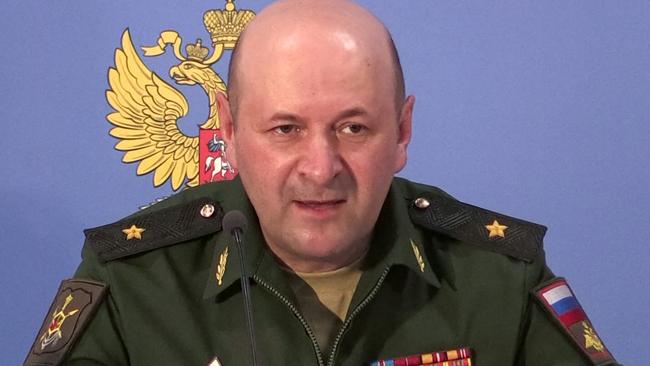
It was just after 6am when a bomb exploded at the entrance to an apartment block in Moscow, killing a high-ranking Russian general and his assistant.
Lieutenant General Igor Kirillov was the most senior Russian military official to be assassinated by Kyiv’s spy agencies since President Putin ordered tanks into Ukraine almost three years ago.
Images showed two bodies lying in the bloodstained snow outside the damaged entrance to the Sreda residential complex on Ryazansky Avenue, about five miles from the Kremlin.
Kirillov’s death came less than 24 hours after he had been accused by Ukraine’s SBU security service of ordering the use of chemical weapons against Kyiv’s forces across the 600-mile front.
Video that appeared to have been recorded by a car dashboard camera showed two men leaving the building shortly before a powerful explosion shattered the early-morning calm.
The SBU told Reuters that its agents had carried out the assassination. An unnamed source said Kyiv considered Kirillov, 54, to be a war criminal and an “absolutely legitimate target”.
Russia announced on Wednesday that it had detained a suspect.
The man, from Uzbekistan, was said to have been “recruited by Ukrainian special forces”.
A statement by Russia’s investigative committee said the suspect had told interrogators that he had travelled to Moscow to carry out the attack and that a camera mounted on the dashboard of a rented car parked outside the building had filmed the attack and streamed it “live to the attack organisers, in the (Ukrainian) city of Dnipro”.
The man was promised $US100,000 to carry out the attack, as well as the possibility to settle “in a European country”.
The bomb, which contained up to 300 grams of TNT equivalent, was strapped to a kick scooter that had been left nearby, Russian investigators said. Both men are said to have died before an ambulance could arrive.
“It was terrifying … at first we thought it was a drone,” a woman told Komsomolskaya Pravda, a Russian newspaper. Another witness said: “I looked out the window, and there was smoke, a destroyed car and two people in the snow at the house opposite.”
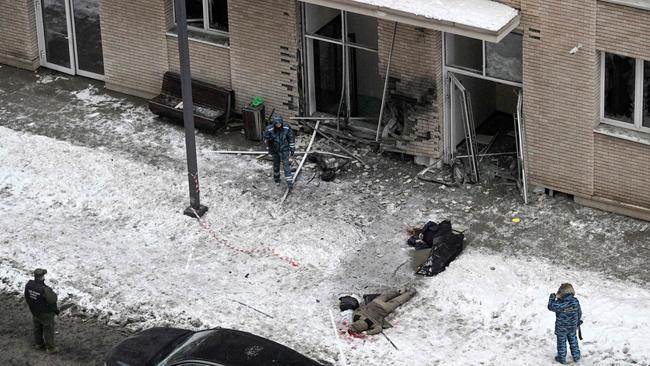
Kirillov, who was the head of Russia’s nuclear, biological and chemical protection troops, was accused on Monday by the SBU of ordering almost 5,000 chemical weapon attacks on Ukrainian soldiers. It said the majority of the cases involved combat grenades containing the CN and CS toxic irritants. An SBU source told the AFP news agency: “[Kirillov] gave orders to use banned chemical weapons against the Ukrainian military. Such an inglorious end awaits all those who kill Ukrainians. Retribution for war crimes is inevitable.”
The explosion was Ukraine’s most high-profile attack in Moscow since two drones were shot down over the Kremlin last year. The apparent ease with which Ukraine was able to target Kirillov will cause concern among defence officials and is likely to lead to a tightening of security measures.
Viktor Sobolev, a member of the Russian parliament’s defence committee, alleged that American and British agents were involved in the bombing. “This wasn’t only the SBU, but also more serious people from MI6 and the CIA – there are no questions about this,” he said, without providing evidence.
Kirillov was sanctioned by Britain in October for overseeing the “cruel and inhumane” use of chemical weapons in Ukraine and acting as a “significant mouthpiece for Kremlin disinformation”. A spokesman for Sir Keir Starmer said yesterday (Tuesday): “We’re not going to mourn the death of an individual who’s propagated an illegal invasion and imposed suffering and death on the Ukrainian people.”
John Kirby, the White House spokesman, declined to comment directly on the attack. However, he said that “without question” the Russian military had “used chemical weapons and other agents to kill, to maim, to hurt the Ukrainian people and Ukrainian soldiers”. About 2,000 Ukrainian soldiers have been treated in hospitals after chemical weapons attacks and there have been at least three fatalities, a military official in Kyiv said last week.
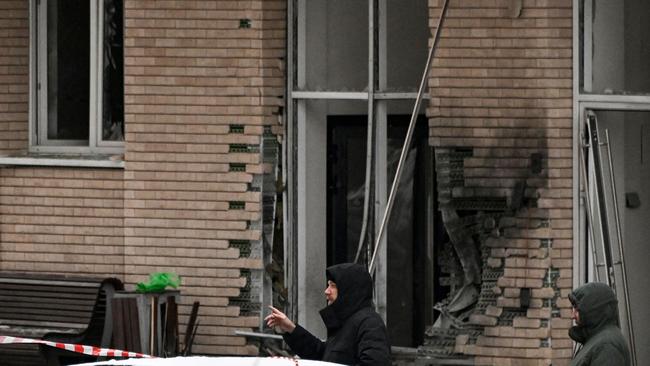
The Organisation for the Prohibition of Chemical Weapons said last month that it had verified the use of CS gas in a grenade that is believed to have been used by Russian troops.
Kirillov’s assistant was named as Ilya Polikarpov by Tass, a state news agency. He had two small children, it said, citing his widow.
Last year Kirillov alleged that the United States was preparing to use drones packed with mosquitoes carrying tropical diseases on Russian troops. He had also accused Kyiv of planning to build a “dirty” nuclear bomb.
Russia’s foreign ministry said that Kirillov had worked “fearlessly” for “the Motherland” to expose what it alleged were attempts by NATO member states to frame Moscow and the Assad regime for the use of chemical weapons.
Dmitry Medvedev, the former Russian prime minister who is now a senior security official, said there would be “inevitable retribution”. The Kremlin has not commented.
Kyrylo Budanov, the head of Gur, the Ukrainian military intelligence service, said in July that his agents had made a number of attempts to kill Putin.
The Times

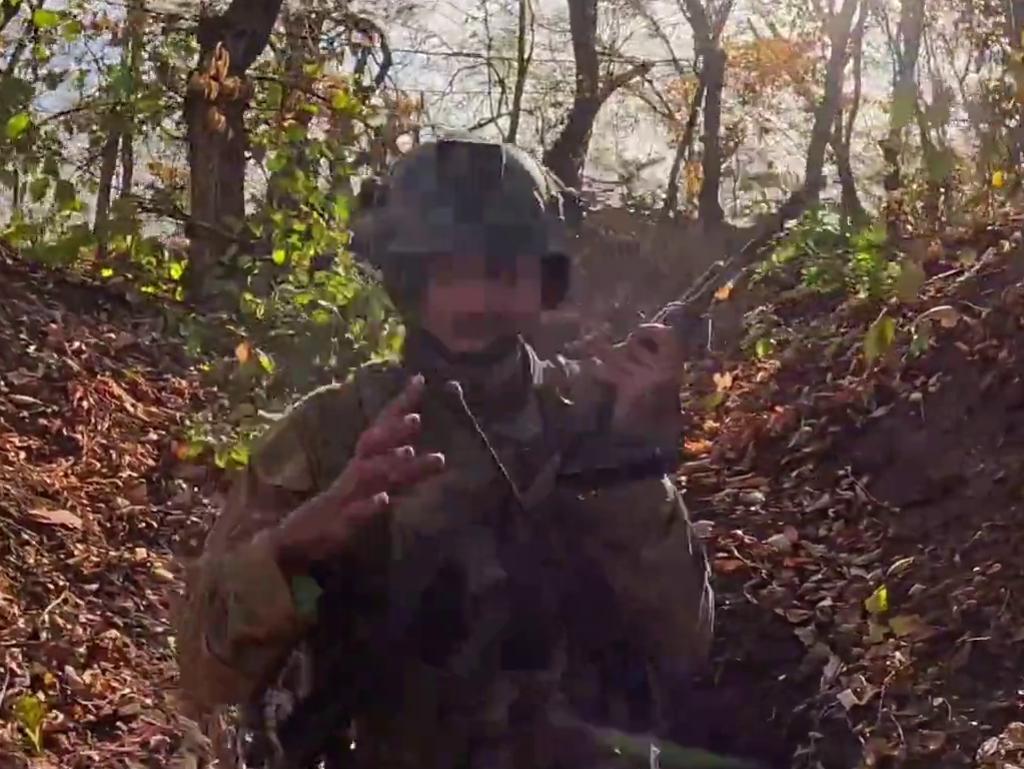
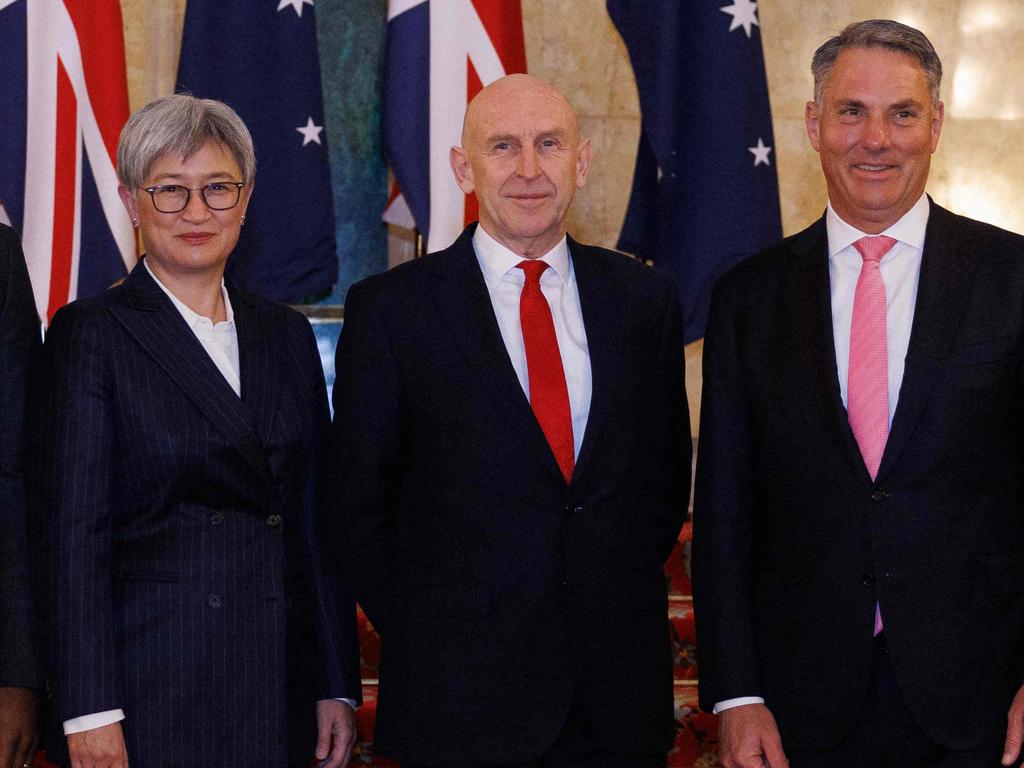


To join the conversation, please log in. Don't have an account? Register
Join the conversation, you are commenting as Logout